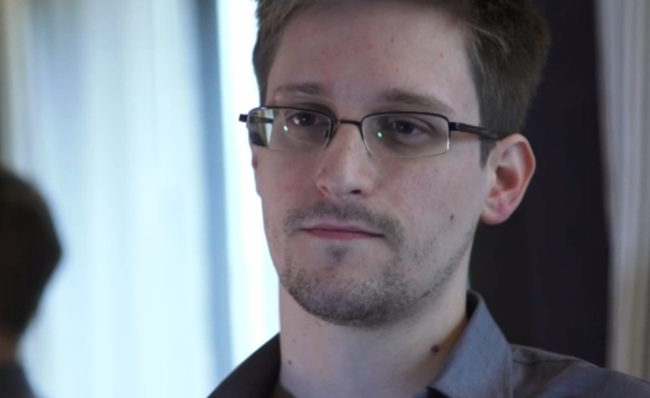Senior officials from the European Union, foreign aid organizations like Unicef, and European regulators involved in antitrust cases against American corporations were among more than 1,000 targets caught up in a surveillance dragnet engineered by the NSA and Britain’s General Communications Headquarters (GCHQ).
The purpose of the surveillance and the information obtained remains unclear, but new documents provided by whistleblower and former NSA contractor Edward Snowden (published in several publications) reveal that the agencies coordinated their efforts, monitoring email and satellite communication as well as intercepting phone conversations and text messages.
In a statement to the New York Times, an NSA spokesperson defended the agency’s actions, stating that the agency’s efforts to study “economic systems and policies, and monitor anomalous economic activities, are critical to providing policy makers with the information they need to make informed decisions that are in the best interest of our national security.”
Speaking to the Guardian, an executive director of Médecins du Monde — a charity that was one target of the GCHQ’s efforts — was “shocked and surprised by these appalling allegations of secret surveillance on our humanitarian operations.” Médecins du Monde is a French organization that sends doctors and volunteers to wartorn nations. Monitoring the communications of regulators involved in economic affairs is similarly troubling, but the NSA issued a statement denying conducting espionage on behalf of American business interests.


